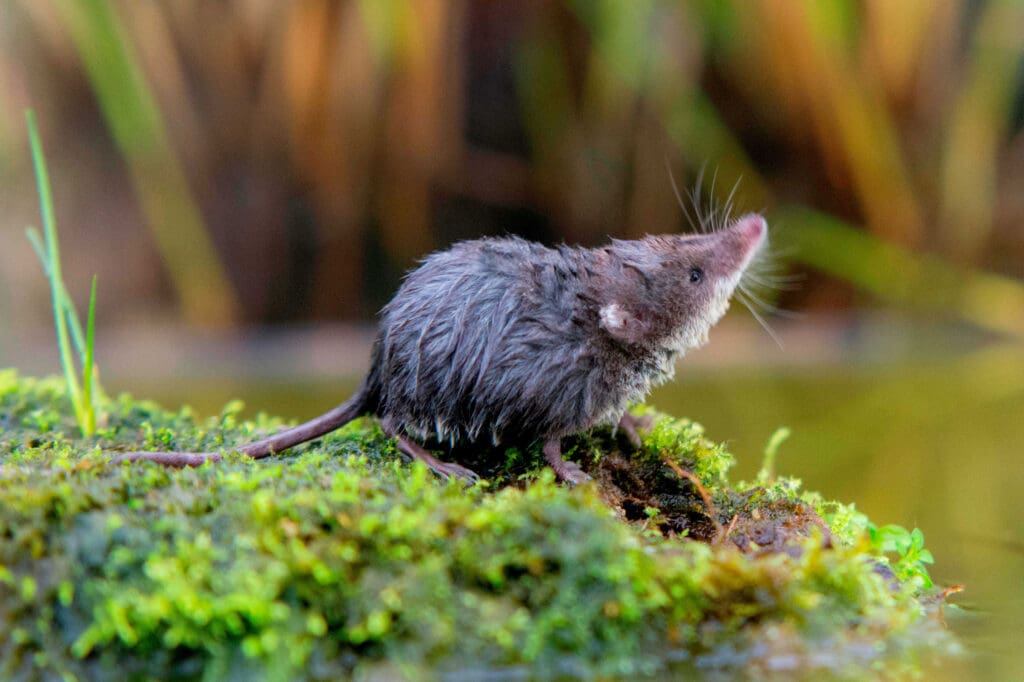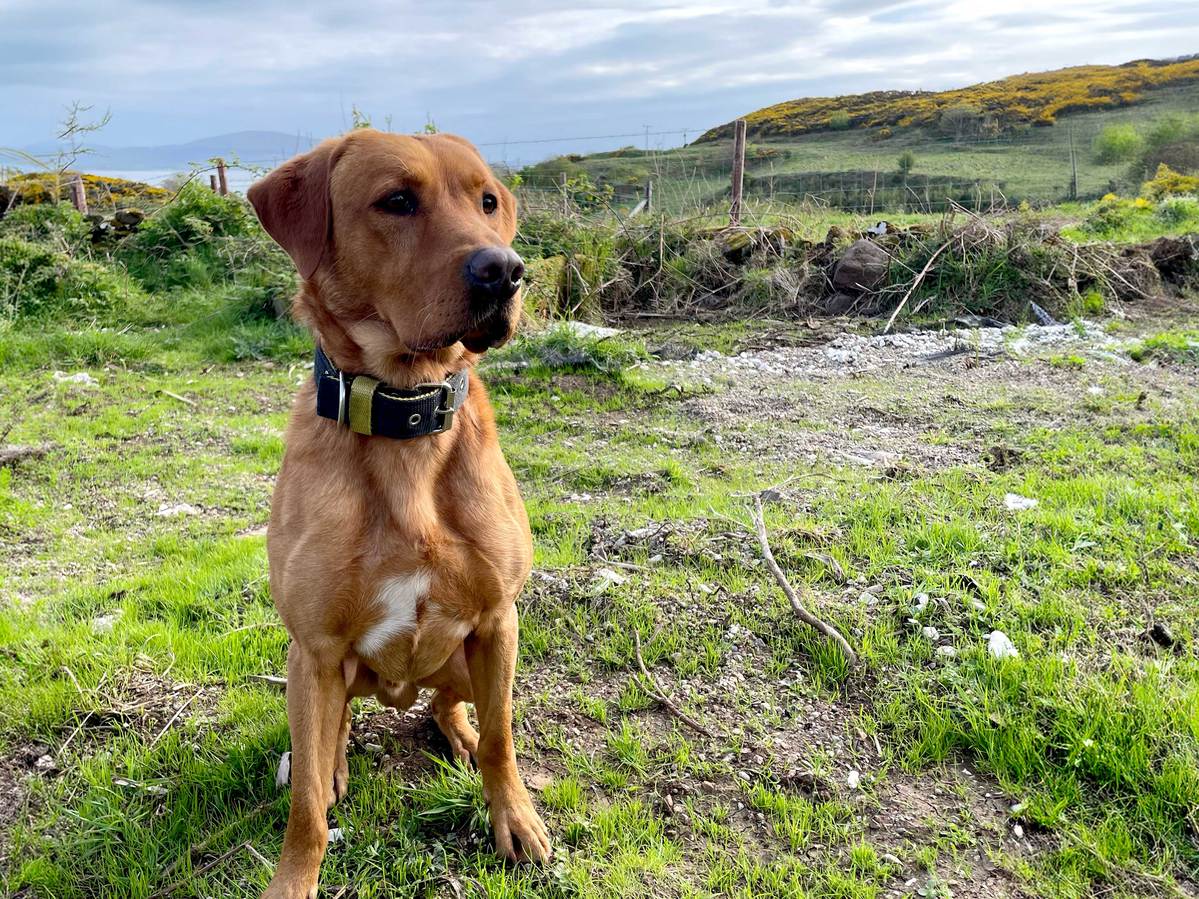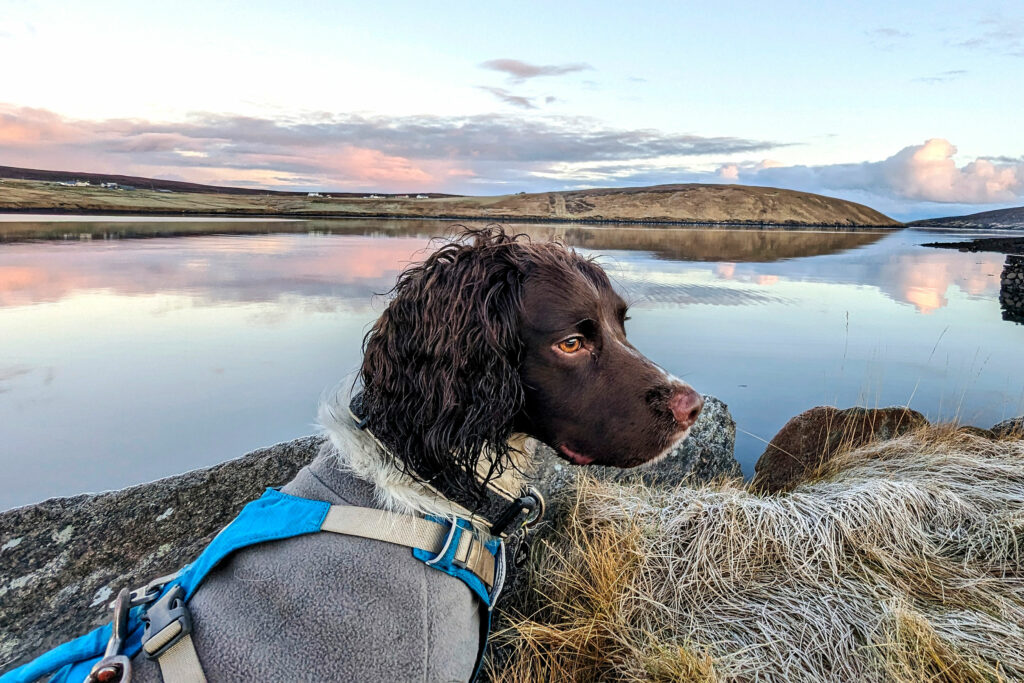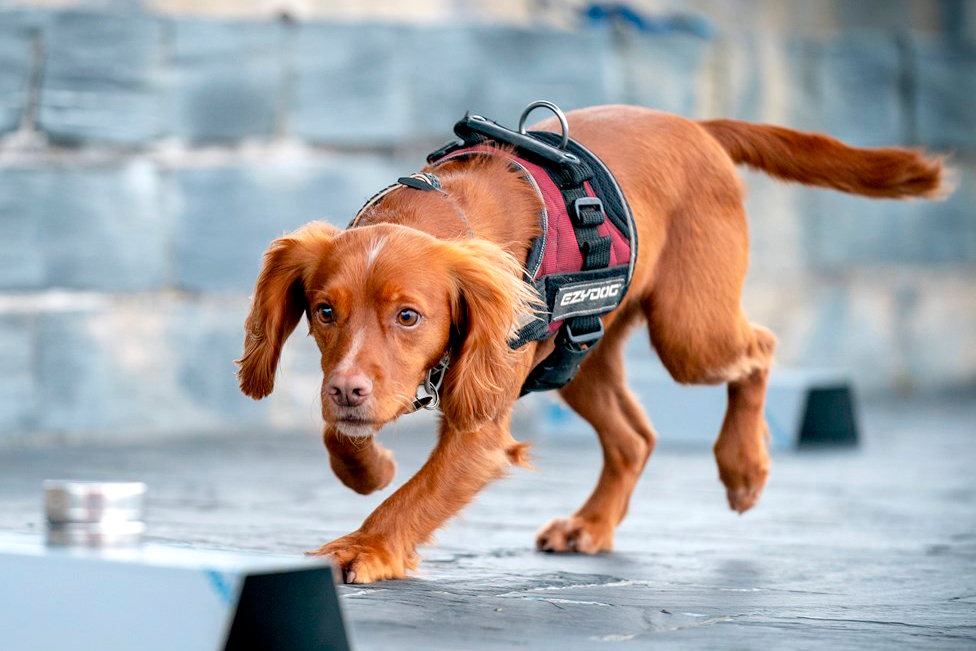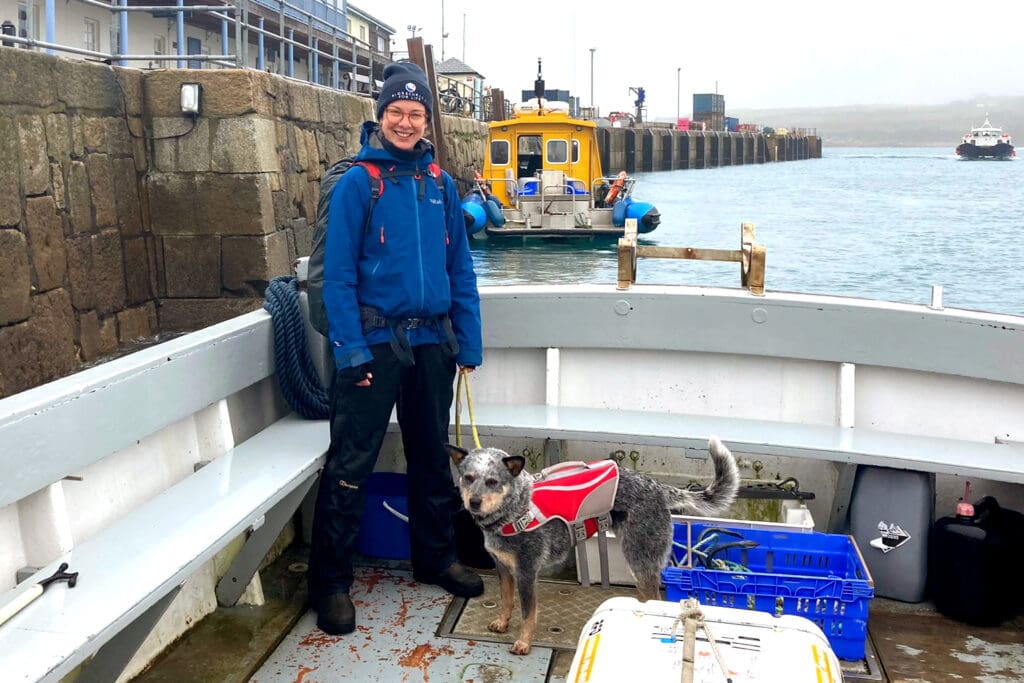Following in the pawprints of our first (and largest) detection dog team working as part of the Orkney Native Wildlife Project, the RSPB is expanding its pack of highly trained conservation dogs!
From spring, detection dogs will be sniffing out invasive non-native mammalian predators on islands in all four UK nations. Already, Jinx is in action with handler Greg Morgan in Wales; Reid works with Rachel Cripps in Scotland; and Kuki partners Laura Bambini in England.
Now another detection dog, Woody, is in training to join the LIFE Raft team this spring, helping locate ferrets on Rathlin Island.
Woody has been training for months with Kryus Limited (who used Woody’s favourite toy, a ball on a rope, as his reward), and he’s now ready for his first job.
Woody landed on Rathlin in May. Led by his trusty handler, Michael Rafferty, Fieldwork Manager, he will be given a tour of the island and introduced to the community before hitting the field to see if he can locate any ferrets.
Most were captured before Christmas in the world’s first feral ferret eradication programme, aiming to remove these predators which, along with invasive non-native rats, have catastrophic impacts on seabird populations.
From spring, detection dogs will be sniffing out invasive non-native mammalian predators on islands in all four UK nations
“Each dog undergoes rigorous training to detect the odour of a specific target species, identify its source and communicate this to the handler,” explains Laura. “If invasive non-native mammalian predators are found, they are then removed by other means.”
Find out more about this year’s volunteering opportunities on Rathlin Island.
You might also like
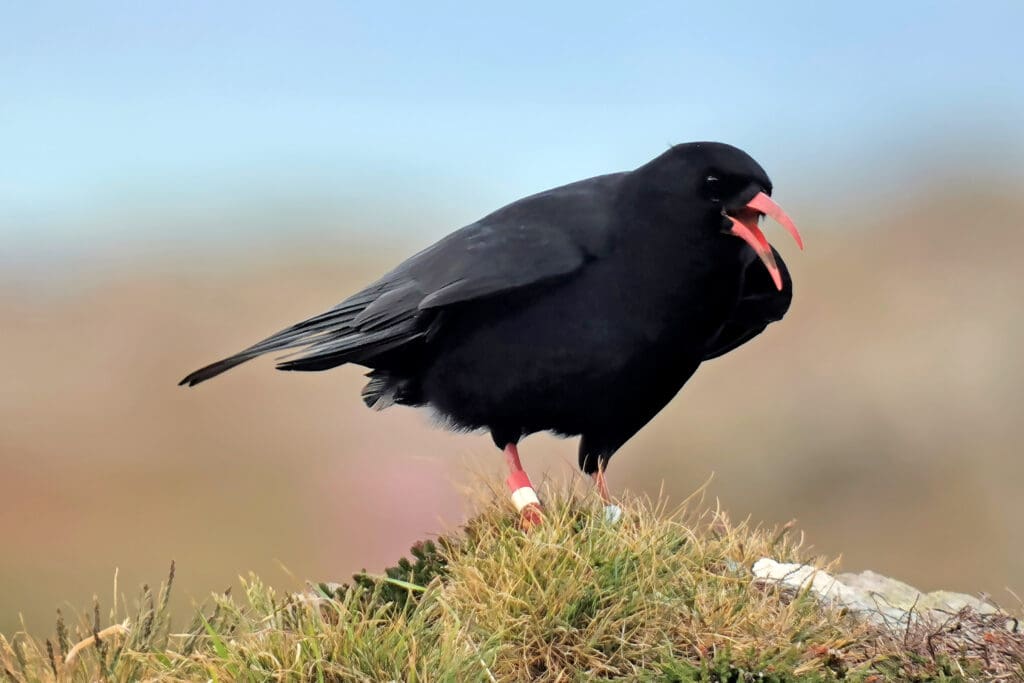
Saving species in Wales
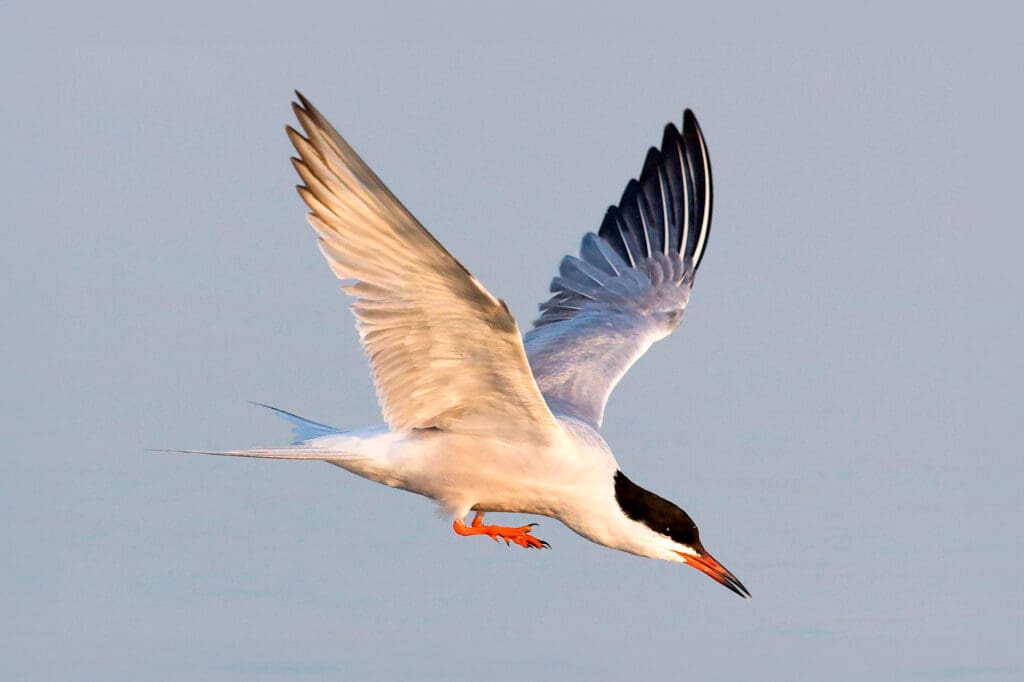
The spotters’ challenge: Terns
